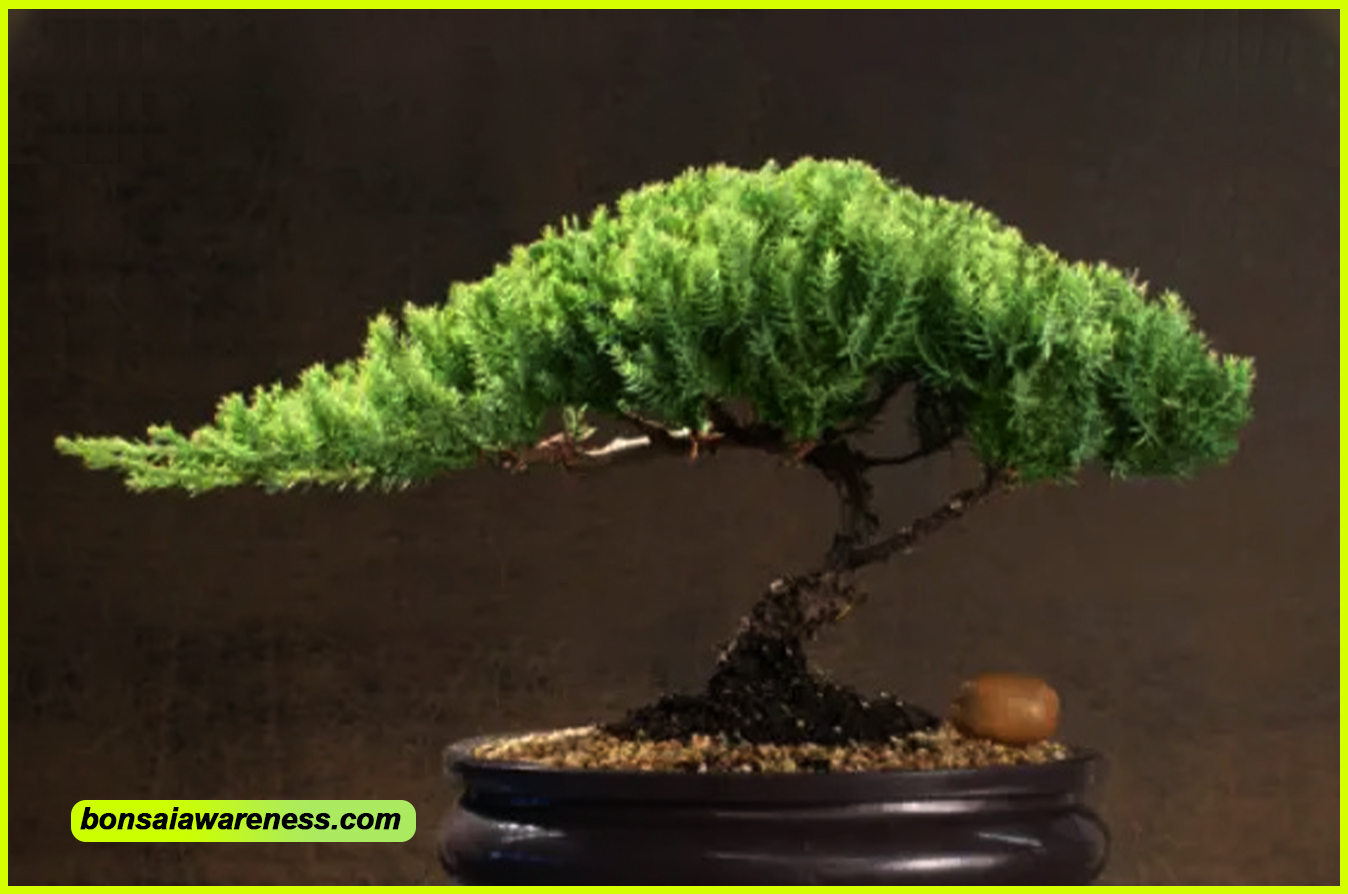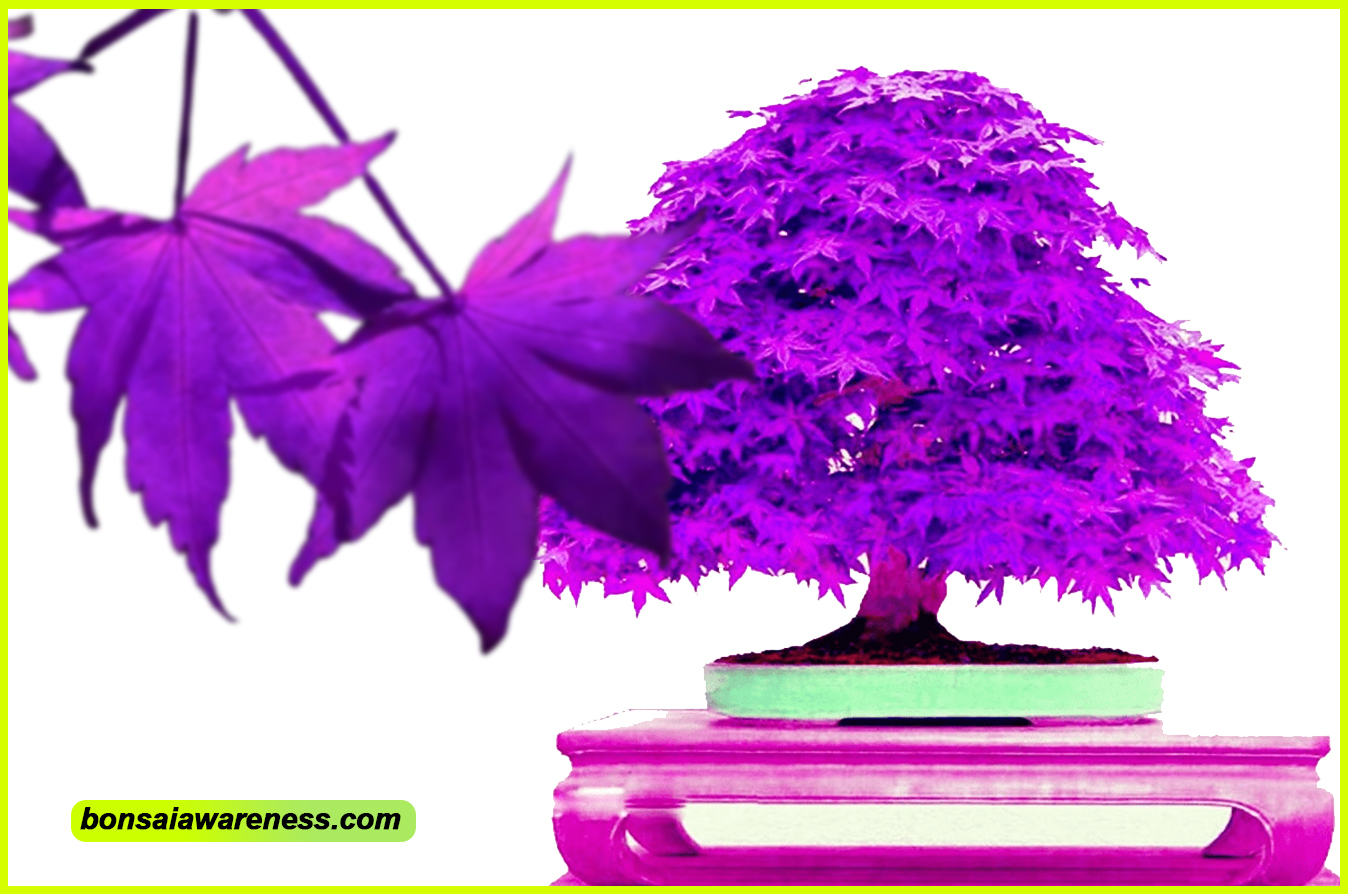Use well-draining, bonsai-specific soil that consists of a mix of fine-grained particles, such as akadama, pumice, and lava rock for your bonsai trees. Bonsai trees require specific soil conditions to thrive and maintain their miniature size and delicate appearance.
Providing the right soil is crucial for the health and growth of these artistic plants. The choice of soil for bonsai trees is different from typical garden soil as it needs to provide proper drainage while still retaining enough moisture and nutrients.
This delicate balance is achieved by using a blend of fine-grained particles such as akadama, pumice, and lava rock. These components promote airflow, prevent waterlogging, and provide essential nutrients to the roots. Using bonsai-specific soil ensures that your bonsai trees receive the ideal growing conditions necessary for their unique requirements.
Importance Of Soil Selection For Bonsai Trees
Importance of Soil Selection for Bonsai Trees:
Soil selection plays a vital role in maintaining the health and well-being of bonsai trees. The right soil composition ensures proper root development, which is crucial for the overall growth and vitality of these miniature specimens.
When it comes to bonsai cultivation, the soil provides essential nutrients and oxygen to the tree’s roots. Adequate aeration is necessary for the roots’ respiration process, allowing them to absorb necessary substances for sustaining optimal growth.
Moreover, the soil structure influences drainage, preventing waterlogged conditions that can lead to root rot. It should strike a balance, retaining enough moisture without holding excess water that could drown the roots.
In addition, the soil’s composition must enable fine root development, allowing the tree to absorb nutrients efficiently. A properly selected soil mix will provide the necessary rigidity to support the bonsai’s delicate form.
By understanding the importance of soil selection for bonsai trees, we can ensure the long-term health and longevity of these captivating miniature masterpieces.
Characteristics Of Ideal Bonsai Soil
The soil you choose for your bonsai trees plays a vital role in their overall health and growth. Good drainage is crucial to prevent waterlogging, which can lead to root rot. Aeration is another important aspect, as it ensures that the roots receive the necessary oxygen for healthy growth. Additionally, an ideal bonsai soil should retain moisture, as consistent watering is essential without waterlogging.
When it comes to good drainage, using a mixture of particles of varying sizes can help. This allows excess water to flow out easily, preventing waterlogged roots. For proper aeration, incorporating materials like perlite or small pebbles into the soil can create air pockets, promoting root health. Moreover, an ideal bonsai soil should retain moisture to keep the roots hydrated, ensuring the tree thrives without excessive drying. Using organic components like pine bark, peat moss, or coconut coir can help retain moisture while providing essential nutrients.
By considering these characteristics and preparing the right bonsai soil mixture, you can provide an optimal environment for your bonsai trees, promoting healthy growth and longevity.
Different Types Of Soil For Bonsai Trees
Bonsai trees require specific soil types to thrive. One popular option is Akadama, a clay-like soil that drains well and provides a stable environment for the roots. Another beneficial choice is pumice, a lightweight volcanic rock that helps retain moisture while also promoting drainage. Lava rock is another option that provides excellent drainage and enhances aeration. Additionally, incorporating organic components like sphagnum moss or compost can improve soil fertility and nutrient availability. Finding the right balance of particle size and consistency is crucial for appropriate air and water circulation within the root system. Remember, understanding the needs of your specific bonsai tree species is essential for selecting the appropriate soil type. By providing the right environment, you can ensure healthy growth and development for your bonsai trees.
Mixing Your Own Bonsai Soil
Here’s your HTML formatted response:When it comes to mixing your own bonsai soil, it’s important to choose the right ratio of components. A suitable soil mix can promote the growth and health of your bonsai trees. One common ratio is 1:1:1 of organic material, grit, and compost. This ensures good drainage, aeration, and nutrient retention. To prepare the soil mix, combine the components thoroughly in a large container. Make adjustments based on the specific needs of your bonsai species. Remember, the right soil can significantly impact the overall health and longevity of your bonsai trees.
Tips For Maintaining Bonsai Soil
When caring for bonsai trees, choosing the right soil is crucial. Bonsai trees require well-draining soil to thrive. Regularly water the bonsai, ensuring that the soil remains moist but not waterlogged. Check the soil acidity periodically to maintain the right pH level. It’s essential to repot the bonsai tree at regular intervals, typically every two years, to refresh the soil and provide the plant with necessary nutrients. By following these tips, you can maintain the ideal soil conditions for your bonsai trees.
Frequently Asked Questions On What Soil To Use For Bonsai Trees
Can I Use Regular Potting Soil For Bonsai?
Regular potting soil is not ideal for bonsai because it retains too much water. Bonsai requires well-draining soil to prevent root rot. It’s best to use specialized bonsai soil or create your own mix with ingredients like akadama, pumice, and lava rock for optimal growth and health of your bonsai tree.
What Kind Of Soil Is Best For Bonsai?
The best soil for bonsai is well-draining, with good moisture retention and a balanced pH level. It should be a mix of organic and inorganic materials like Akadama, lava rock, and pumice. This ensures proper water and nutrient absorption without waterlogging the roots.
What Is A Good Substitute For Bonsai Soil?
A suitable substitute for bonsai soil is a mixture of potting soil and perlite or pumice. This combination provides good drainage and aeration for the bonsai tree.
Can I Use Miracle Grow Potting Soil For Bonsai Tree?
Yes, you can use Miracle Grow potting soil for your bonsai tree. It provides essential nutrients and good drainage.
Conclusion
To sum up, selecting the right soil for your bonsai trees is crucial for their overall health and growth. Incorporating well-draining and nutrient-rich soil mixtures specific to bonsai plants will greatly contribute to their successful cultivation. Whether you opt for a pre-made mixture or create your own, always consider the individual needs of your bonsai species.
Remember, proper soil selection is the foundation for a thriving bonsai tree. Happy planting!


Leave a Reply